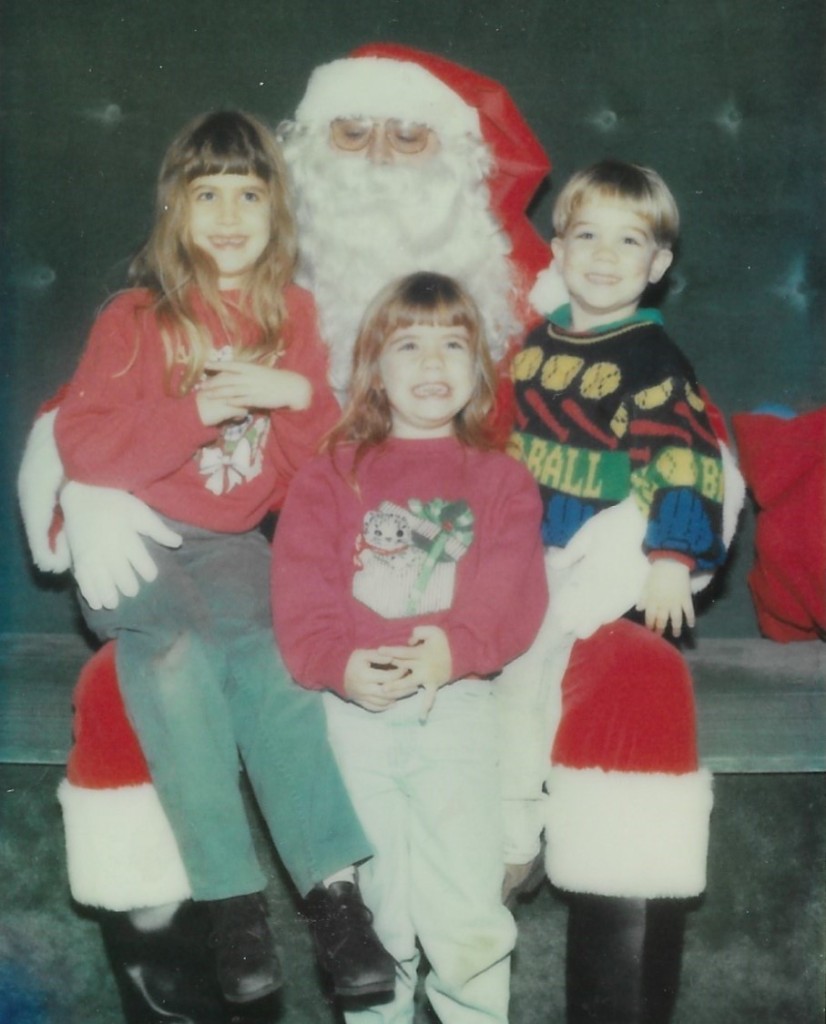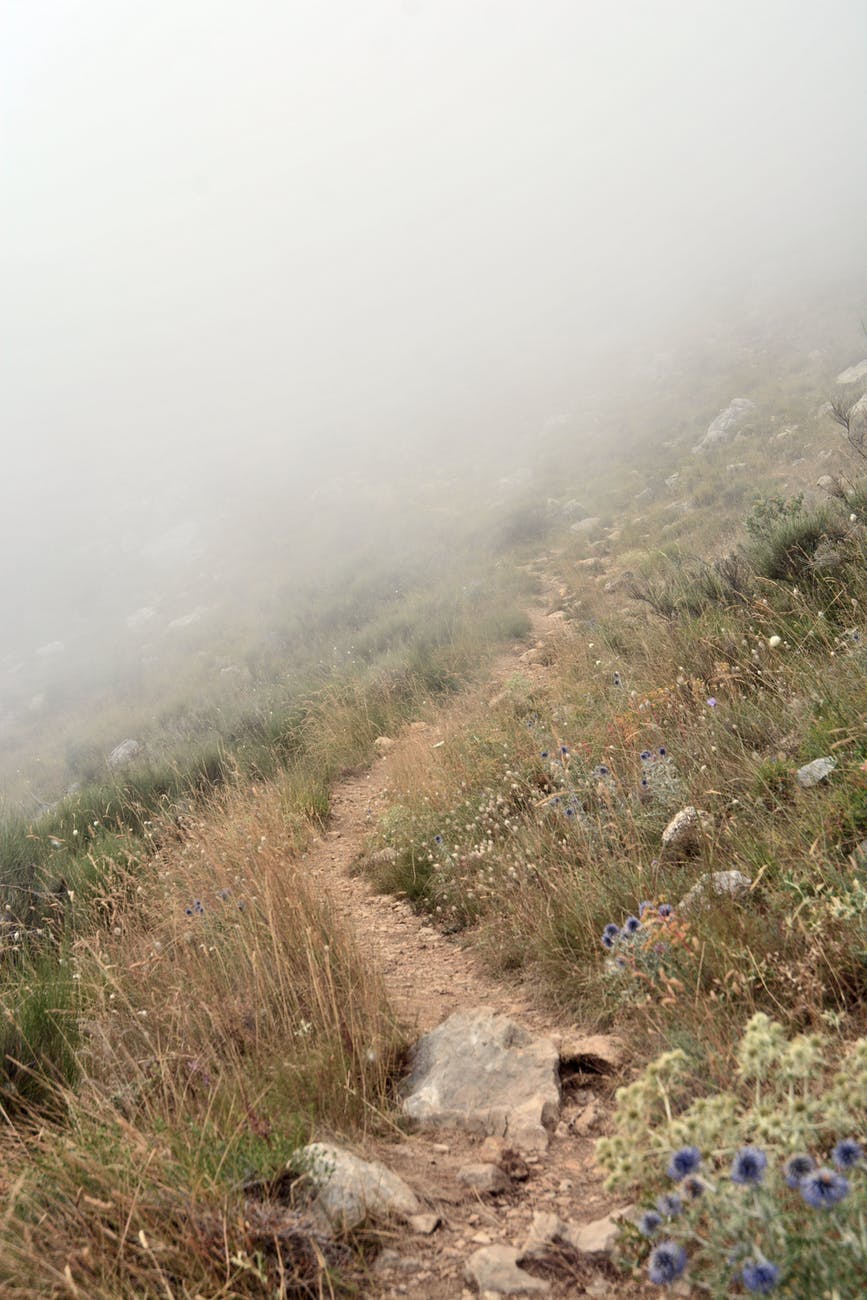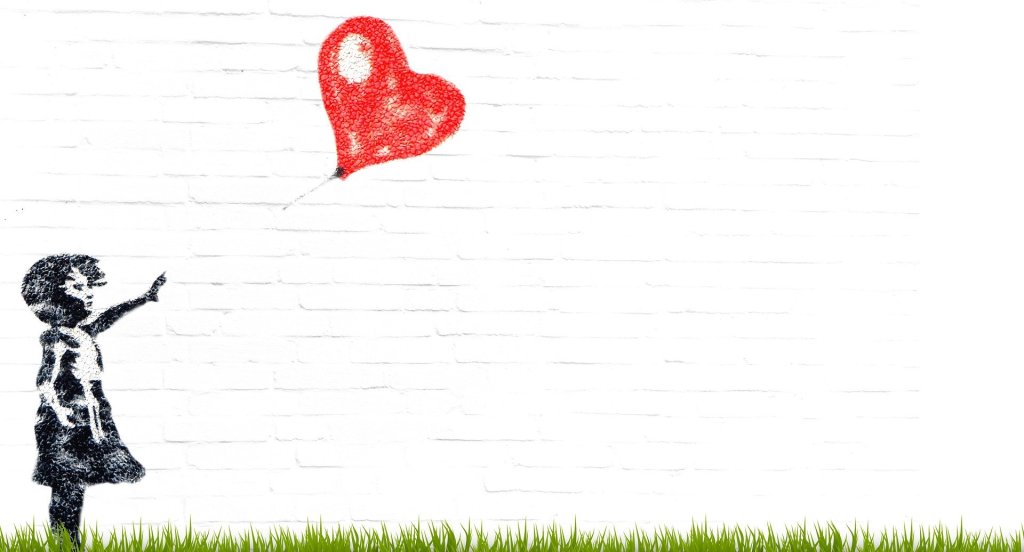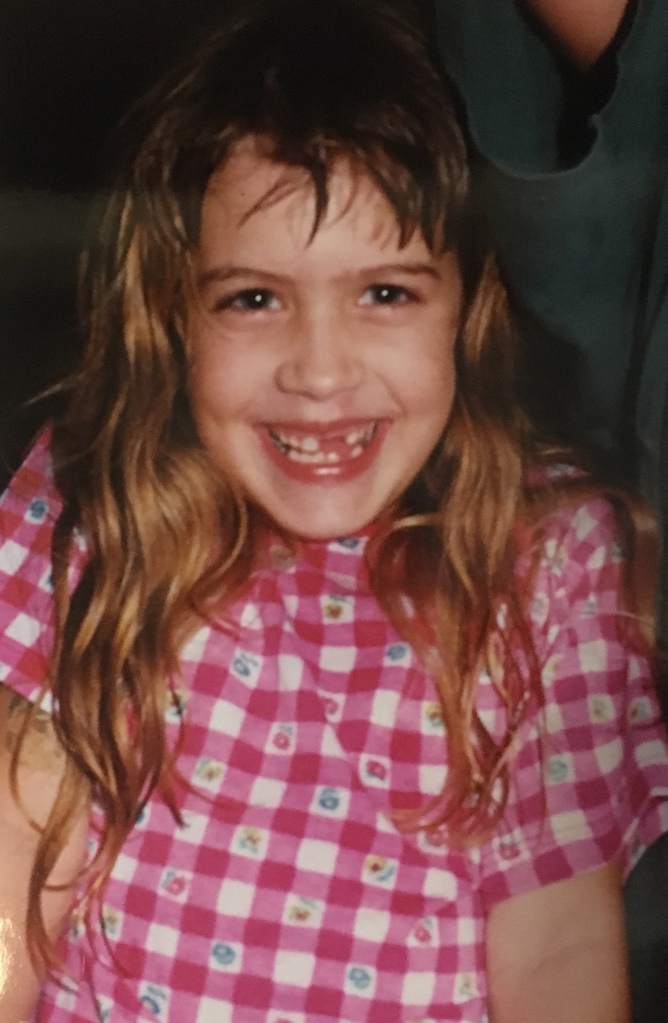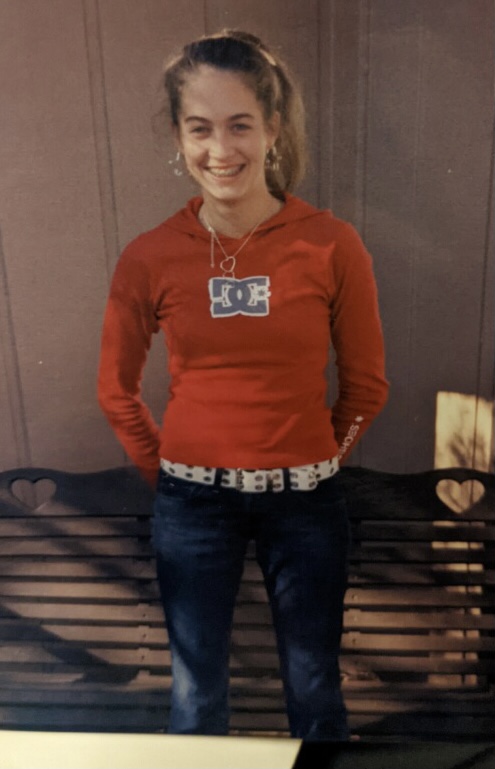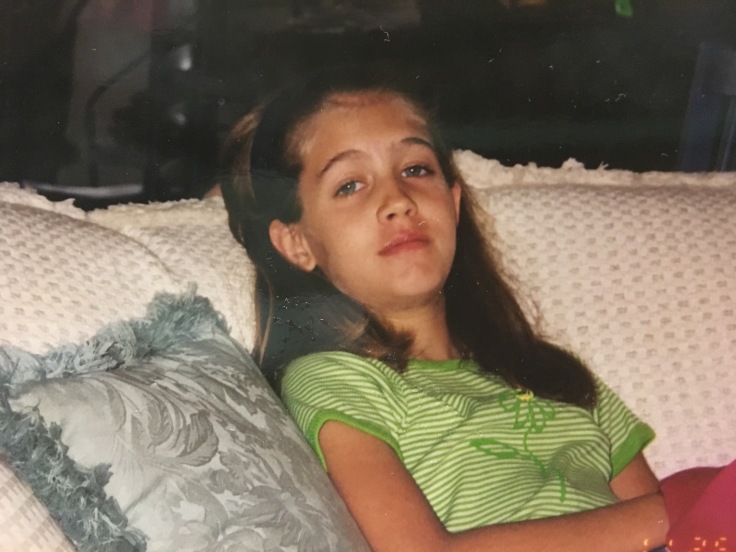I have written many letters on my healing journey. Letters to my abuser of things I wish I could say. Letters to the future victims and my hopes for them if he does not change. Letters to myself, to remind me of the healing and strength, when I find myself in dark places of hopelessness. As I have shared before, I don’t often write words onto paper the same day the blog forms in my mind. Sometimes, the words demand to be read and I am restless until I write them. So here I am, when I should be preparing for another day of PhD class in the morning, writing a letter to a group of people, I’ve infrequently addressed on my blog. I often talk about this group when I am presenting at conferences, especially when I discuss the losses that primary and secondary victims experience following the disclosure of abuse.
My former aunts and uncles.
Aunts and uncles, and those that act as aunts and uncles, play a valuable role in the lives of children. They are often people children feel they can turn to when they do not feel like they can turn to their mom or dad. They are held in high regard and children relish their attention and love. I loved my aunts and uncles when I was a child. And I loved them after my disclosure of sexual abuse, too.
When a child discloses intrafamilial abuse (especially in blended families), families often split- the children go with the non-offending caregiver or another family member and contact ceases with the perpetrator’s side of the family, unless that side of the family believes the child and discontinues contact with the abuser also. Unfortunately, in my blended family, it felt like battle lines were drawn.
Did you think about what it was like for my siblings and me (and our mom) to lose so much of what we knew in a single night?
My family was not immune to holding the battle lines, but their motive was primarily the safety of my siblings and me. I recall seeing ya’ll in the store on occasion and I desperately wanted to hug you and say to you, “please believe me, I am telling the truth.” I wondered whether deep down there was a sliver of doubt about the story you were told.
Did you know that I secretly hoped you cheered for me also at the volleyball games?
I was your niece; you were my aunts and uncles. High school looked a lot different than I envisioned when you were still considered my family. I thought I would have a chance to attend school with my cousins, but the abuse I experienced and disclosed removed that relationship. I am thankful we were able to function as teammates for the betterment of our team, but I always wondered if everyone felt the same tension I did.
Court- the loss of hope.
I do not know why I hoped that before we went to court the first time I would have the opportunity to talk to ya’ll- that we could be reconciled. I try to imagine what it would be like if I learned my brother abused a child. I hope that I would always have the courage and conviction to believe the child. But I also know how tight sibling relationships are and it would be absolutely gut-wrenching to walk that path. At least, that’s what I imagined it was like for you all. But, when I saw you in court when I was 15, I remember feeling like I was the most hated person there.
Court- the sting of hope lost.
The second round of court in 2018 brought a new hope that maybe you all believed me now. The first day when I showed up, none of you were there and I really thought that signified that somehow in the decade since we last crossed paths, you realized I was telling the truth. Disappointment reigned the second day of court when you all sat by his side.
Would you believe her now?
If your granddaughter came to you tomorrow and said her great uncle was making her touch him, would you believe her? If you can believe her now, can you believe me for then?
My gut says that you would believe your granddaughter. For her sake, her future, I pray you do, without hesitation.
As a 13–18-year-old navigating living in a small town until high school graduation, my path crossed with my former family. These emotional reactions were impactful and disrupted my life. My healing journey has not required acknowledgment of who believes me and who never did. But, I believe it is important to continue to raise awareness of how primary victims (me) and secondary victims (my family) are impacted following disclosures of abuse.
